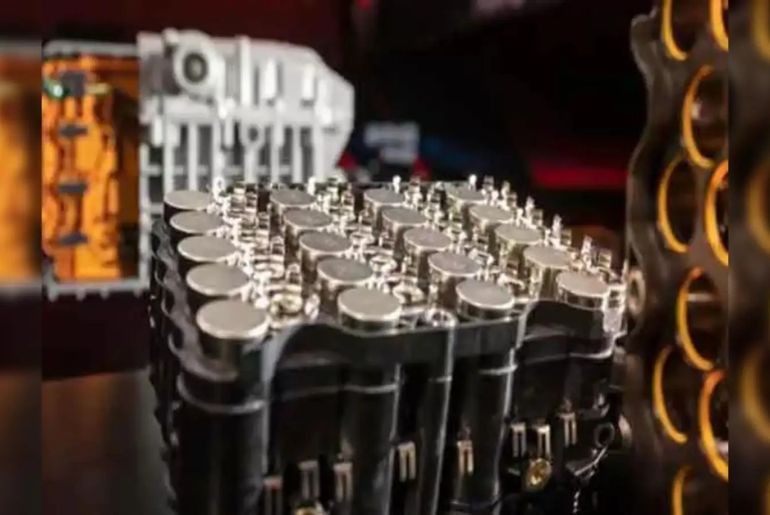According to a company spokesman, Epsilon Advanced Materials, a manufacturer of battery materials, is ready to form long-term strategic alliances with businesses seeking to acquire premium graphite anode and cathode materials outside of China.
Anode, cathode, electrolyte, and separator are parts of EV batteries. Currently, more than 90% of the processing capacity for graphite anodes and cathodes used in electric vehicles is controlled by China.
Concerns about supply chain vulnerabilities in the electric vehicle (EV) industry, notably in India, have increased globally as a result of China’s recent restrictions on the export of important battery-grade ingredients and technologies for both graphite anode and cathode (based on lithium iron phosphate).
In response to China’s increasing export restrictions on vital battery technologies, India is stepping up efforts to create a robust, locally focused battery supply chain.
In an interview, the company’s managing director, Vikram Handa, stated, “Epsilon is prepared to collaborate with cell manufacturers and auto OEMs who are considering ex-China sourcing to ensure a long-term supply chain of premium anode materials and LFP (lithium iron phosphate) cathodes while supporting their localisation and sustainability objectives.”
China has dominated the global battery materials supply chain for decades due to its strong early mover advantage, but recent export limitations have highlighted how important it is for auto OEMs and battery manufacturers to diversify their sourcing outside of China, he said.
“First off, we can provide our clients a safe and reliable supply chain across borders thanks to our integrated and patented synthetic and natural graphite anode materials.” “In order to guarantee that our clients receive qualified samples for testing and qualification, we have made significant investments in R&D facilities and commercial plants,” he stated.
The company is not impacted by the latest Chinese limits because it has its own proprietary technique for producing lithium iron phosphate cathodes and an R&D facility in Germany.
Many businesses that relied on Chinese LFP cathode technology for manufacturing in India are now trapped since they must now spend money on their own research and development, which takes five to six years to mature.
Our manufacturing facilities in Finland, the United States, and India have a combined capacity of 60,000 tonnes by 2027 and 220,000 tonnes by 2030, making us the biggest manufacturer of anode materials outside of China. This will increase the robustness of our supply chain.
“By 2030, India’s 100,000-tonne cathode material facility will establish us as Atmanirbhar in the supply chain for batteries for electric vehicles.” “Our global clients benefit from greater flexibility, regional supply alternatives, and a lower risk of disruption thanks to our multi-continent presence,” he said.
To build a cutting-edge production and research centre for electric vehicle battery materials, battery testing, and advanced materials R&D, the business is investing Rs 15,350 crore in Karnataka.

